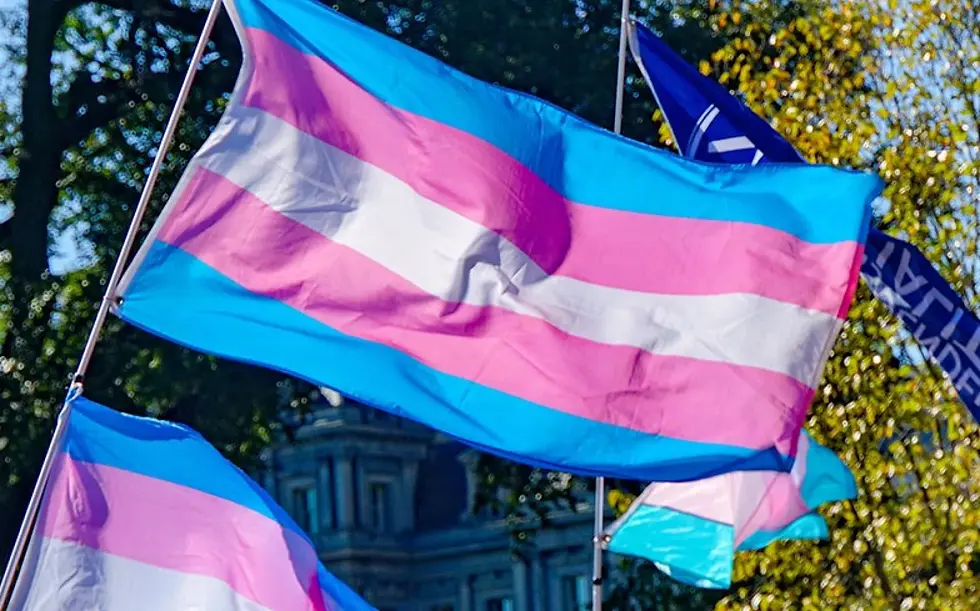2025 Unite Conference and AGM
- Gerard Hehir
- Aug 20, 2025
- 4 min read
Updated: Sep 22, 2025
The Unite Union 2025 National Delegates Conference and AGM will be held in Auckland:
on Wednesday 1st and Thursday 2nd October 2025. at The Parnell Hotel & Conference Centre, 10/20 Gladstone Road, Parnell, Auckland 1052

Delegates will be attending from all over the country to participate in training workshops, discussions about the future of unionism and Unite, and to elect Unite's National Executive and officers, the leading body of the union.
The AGM part of the conference will be split into two parts:
Part One: 10.15am Wednesday1st
1. Apologies
2. Minutes of Previous AGM
3. Remits, including any changes to rules and election processes
Part Two: 10.30am on Thursday 2nd
4. Co-Presidents Report
5. Secretary’s Report
6. Financial Report
7. Remits (continued - those not related to election processes) 8. Election of Officers: Co-president (Woman) 2 year term.
9. Election of Executive - Eight Executive positions elected in 2024 or vacancies arisen during the last 12 months. Three to be elected for one year and five to be elected for two year term (nominations close during conference).
10. General Business
All members are entitled to attend the AGM as an observer, but voting representatives will be delegates from their worksite who have already been selected as per the constitution and are being notified. As the conference is primarily training for delegates, priority for attendance at the conference has been given to delegates who have not yet undertaken delegate training.
The deadline for Co-President (Woman) nominations was 9am Wednesday 17th September.
As of close of deadline for nominations there was one nomination received:
• Christina Barwick (Burger King, Christchurch)
nominated by Megan McCracken and Sade Blake
Nominations for Executive members will close at 10am the morning of Thursday 2nd October. Nomination forms will be available at the conference, but can also be downloaded here:
As of close of the deadline for any proposed rule changes for remits for consideration (9am Wednesday 17th September) the following remits and proposed rule changes were submitted by Unite Union Executive:
1. Restructure of Worker Councils and representation on the Executive
14.5. Union Councils (amended in italic)
14.1 A union council is established by Unite to create a representative structure for Unite members in a particular geographic area, demographic group, employer or other relevant group as defined by the union executive.
14.2 The purpose of a union council is to grow union engagement, leadership membership and militancy in its recognised coverage area. Recognised union councils must provide a report to AGM on their activities during the previous year.
14.3 Any group of union members can apply to be recognised as a union council to the National Executive or the annual conference. Any application for council recognition should include a proposed council coverage, and a proposed organising plan. The National Executive can revoke the recognition of any union council at its discretion.
14.4 Union councils must provide an organising plan to the national executive for approval. These plans should be regularly updated.
14.5 Approved union councils may elect a chairperson. This person has the responsibility to call meetings, and carry out approved organising plans with the assistance of allocated union organisers. The Chair of any approved union council has the right to be represented at the Union National Executive. Council Chairpersons are elected at the first meeting of the council for the year, each year.
14.6 Union Councils shall meet, electronically or in person, regularly, but at least four times a year. All delegates within the coverage of the council are invited to attend. A Council that fails to meet for at least 6 months is considered to be lapsed and must be reapproved by the national executive or conference.
2. Establishment of Te Rūnanga – the union council for Māori Unite members
13- Unite Rūnanga (New)
13.1 Te rūnanga is the union council for Māori Unite members. Te Runanga workers to grow union engagement, leadership membership and militancy among Māori workers, to build on Unite’s commitment to tino rangatiratanga and Te Tiriti.
13.2 Te rūnanga will be supported to develop an organising plan. This plan should be regularly updated.
13.3 Te rūnanga may elect a chairperson. This person has the responsibility to call meetings, and carry out approved organising plans with the assistance of allocated union organisers. The Chairperson has the right to be represented at the Union National Executive. Te rūnanga shall determine how its Chairperson is elected.
13.4 Te rūnanga shall meet regularly, but at least four times a year, usually electronically. All Maori members are invited to attend.
3. Resolution on union bi-ennial review of union fees
a) That the Unite Executive proposes a 50 cent increase in the maximum fees for 1 April 2026.
b) That, as per the resolution adopted at the 2024 AGM, the Executive will present to the 2026 AGM the option of a further adjustment in 2027 that reduces the variable percentage fee to 1.1% without increasing overall fees to members.
c) That the Executive will present to the 2027 AGM the option of a further adjustment in 2028 that reduces the variable percentage fee to 1% .
d) That the 2027 and 2028 adjustments are dependent on inflation, wage increases and the union’s financial viability and such factors will be considered and reported on before any increases or adjustments are made.
A download of the current Unite Consitution is available on the Unite Union website.




Comments